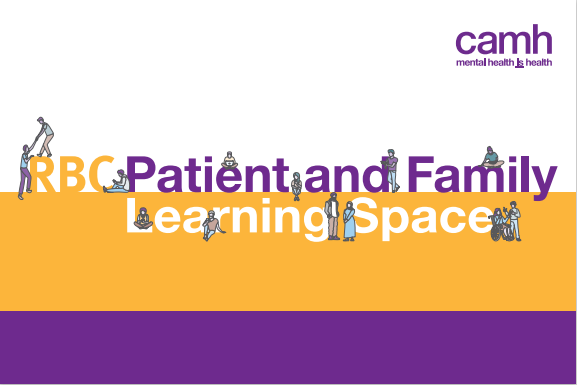Join us for this fireside chat developed with Caregivers for Caregivers to help unpack information about antipsychotic medications, the most common class of medications prescribed to adults with developmental disabilities. You'll learn from a psychiatry expert around antipsychotic medications and metabolic side effects, and a psychologist whose research focuses on mental health, medication use, and family experiences.
In this fireside chat we are going to talk about:
- Why antipsychotics are commonly prescribed to people with developmental disabilities and how they can be helpful
- Common side effects and strategies to monitor and address them
- Metabolic side effects and ways to prevent and treat them
*The presenters want to try to answer questions you may have about antipsychotic medications and side effects. Please share your questions in advance of the fireside chat when you register.
This fireside chat is being offered jointly by the Azrieli Adult Neurodevelopmental Centre and the RBC Patient and Family Learning Space at CAMH.
About our presenters:
Dr. Yona Lunsky (she/her) is the Scientific Director of the Azrieli Adult Neurodevelopmental Centre and Director of the Health Care Access Research and Developmental Disabilities Program (H-CARDD) at the Centre for Addiction and Mental Health (CAMH). She is also a professor in the Department of Psychiatry at the University of Toronto's Temerty Faculty of Medicine and an adjunct scientist at ICES.
Dr. Mahavir Agarwal (he/him) is an Associate Professor in the Department of Psychiatry at the University of Toronto and a Clinician-Scientist in the Schizophrenia Division at the Centre for Addiction at Mental Health (CAMH), Toronto. He is also the Medical Head for Clinical Research in the Schizophrenia Division and leads the Metabolic Clinic and the Clozapine Clinic at CAMH.
Dr. Agarwal’s research interest lies in understanding the mechanisms underlying metabolic and cognitive dysfunction in severe mental illness with specific focus on insulin signaling in the brain, and in discovering new treatments for these abnormalities. He has won several international research awards, has over 100 publications, and his research program has been funded by several federal and provincial agencies including the Canadian Institutes of Health Research (CIHR), PSI Foundation, CAMH, and the University of Toronto.
The conversation will be facilitated by a Caregiver Advisor connected to the Azrieli Adult Neurodevelopmental Centre at CAMH.
For information about the work at Azrieli and the related hcardd program:
Azrieli Adult Neurodevelopmental Centre | CAMH
Health Care Access Research and Developmental Disabilities (H-CARDD) | CAMH
About the RBC Patient and Family Learning Space at CAMH
The RBC Patient and Family Learning Space is an interactive hub for patients, families and the community to access FREE reliable information about mental health, substance use and recovery.
Intended For: CAMH patients, families and the general public.
Location: Queen Street site - 1025 Queen Street West
Additional Location Details:
The RBC Patient & Family Learning Space is located on the ground floor of the McCain Complex Care & Recovery Building. The entrance is on Queen Street, just east of Ossington. Services are available in-person (no appointment needed, just walk-in), email or phone.
Contact Email: pfls@camh.ca
Phone: 416 535-8501, extension 33995
Types of Treatment and Services Offered
- A safe and welcoming space, with a child-friendly area
- An information corner with pamphlets, books, guides and memoirs about mental health and substance use/addictions
- Access to mental health-related websites, apps and other reliable online sources of information
- Information about CAMH programs and community-based services and directions to get there
- New workshops, webinars and clinics each month related to mental health, substance use/addiction and recovery
